The problem-statement
Advancement of technologies is ready to create turbulence in organizational structure as well as power distributions and decision-making capabilities within organizations. Thus, culture will become vulnerable unless executives take necessary actions to move forward. Given that disruption will change existing world, understanding blockchain and its implications on organizational culture become inevitable moment.
Blockchain – Decentralization of Everything
The digital advancement challenges centralized and self-control-oriented organizations and proposes alternative models that cultivates individual (employee) centricity and empowers democratic environment. In the light of this information, blockchain gets prominent position and it is acknowledged as one of the most powerful and pretentious technology that showcases decentralization, peer-2-peer transaction, smart contracts, etc.
We can envision that smart contracts will automate decision-making processes in organizations. However, we are not fully aware of how it will change decision-making capabilities within decentralized and distributed organizations? This is the reason that understanding possible effect of distributed ledger technologies on decision-making is getting critical.

Blockchain – Reshaping the Culture
Blockchain within organizations can also stimulate flat organization patterns. For example, applications built on blockchain will allow organizations to perform better, instant, and smart decisions with inclusion of all the players in organizational context such as employees, partners, customers, and other stakeholders.
Blockchain will bring transparency, decentralization, rapid transaction and effectiveness as well as efficiency of resource utilization and hence it will create new form of organizations called distributed autonomous organization (DOA). It will dramatically impact on the organizational design and make it even flatter then holacratic organizational design.
Establishing accountability and validation into internal organizational structure might change the way business is performed. Blockchain technology might transform organizational culture and increase trust amongst all stakeholders. Innovation and cooperation that might take place in a transparent economy without administrative deficiencies. Delaware could be a good example.
Truly speaking, the impact of blockchain and its implications on cultural aspect of organization require deep research in the academic as well as business domain. Potential key asks are listed (non-exhaustive list) below:
- How do DOAs change cultural norms of the organizations and society?
- As smart contracts will automatize routine tasks and expedite decision making process, how will human contribute the organizations’ outcome?
- How will knowledge (cognitive) workers reshape future of work environment?
- What might be possible implications of decentralized structures on organizational culture?
As an outcome of the researches, future theories in organizational field will encapsulate decentralization aspect.


